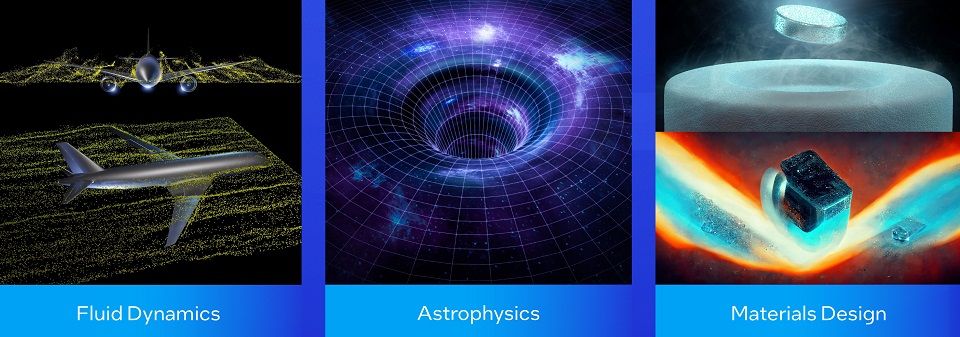IDCA News
All IDCA News
28 Feb 2023
Intel Releases SDK for Quantum Computing Environment
Intel has released version 1.0 of its Quantum Software Development Kit (SDK),after having released the beta in September 2022. Intel describes the SDK as “a full quantum computer in simulation that can also interface with Intel's quantum hardware, including Intel's Horse Ridge II control chip and Intel's quantum spin qubit chip when it becomes available this year.”
The kit also features a quantum runtime environment developed for executing hybrid quantum-classical algorithms. Developers have the choice of two target backends for simulating qubits to either represent a higher number of generic qubits or Intel hardware.
No Objections to C++
The programming interface written in C++ using a low-level virtual machine (LLVM) compiler toolchain. As a result, Intel's SDK offers seamless interfacing with C/C++ and Python applications, making it more versatile and customizable.
"The Intel Quantum SDK helps programmers get ready for future large-scale commercial quantum computers,” according to Anne Matsuura, Director of Quantum Applications and Architecture at Intel Labs.
The initial backend is an open-source generic qubit simulator called Quantum Simulator (IQS), according to Intel. IQS has a backend capable of 32 qubits on a single node and more than 40 qubits on multiple nodes.
With the SDK, users can develop small workloads to determine what functionalities are needed from the quantum computer's system architecture to run algorithms efficiently and accurately on qubits. In addition, Intel is using the SDK internally to co-design quantum hardware and software in tandem, accelerating system development.
University Support, Too
To support its quantum efforts, Intel reports that the company has already provided grants to five universities to develop quantum course curricula to share with additional universities and proliferate its use across academia: the University of Pennsylvania, Penn State and Ohio State in the US, the Technische Hochschule Deggendorf in Germany, and Keio University in Japan.
Quantum visualizations provided by Intel.
Follow us on social media: